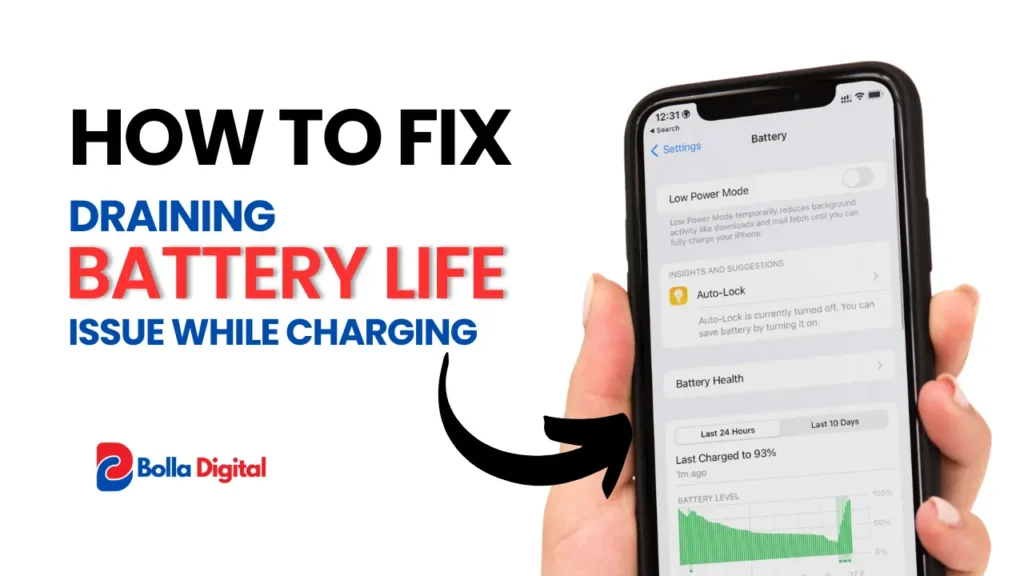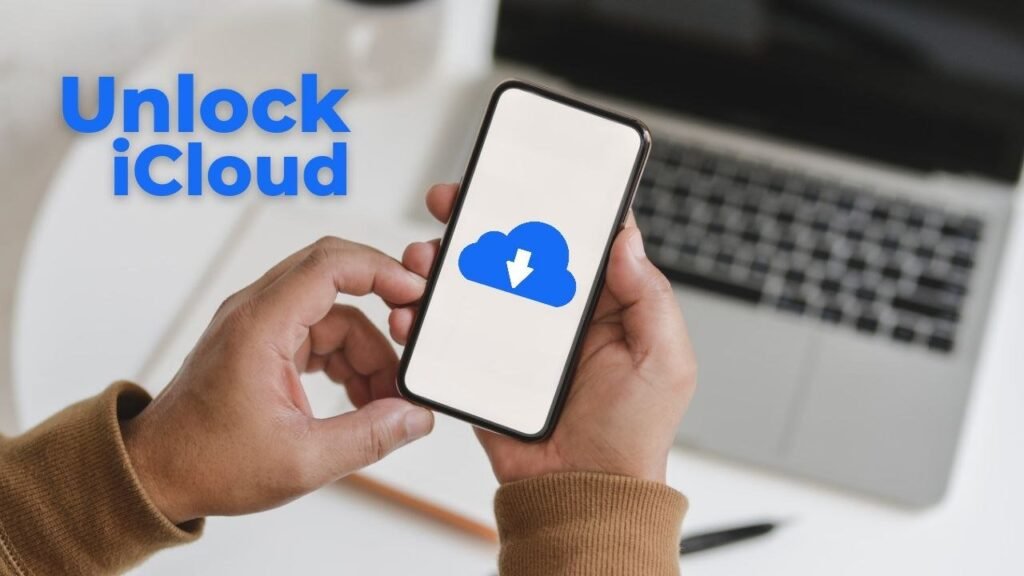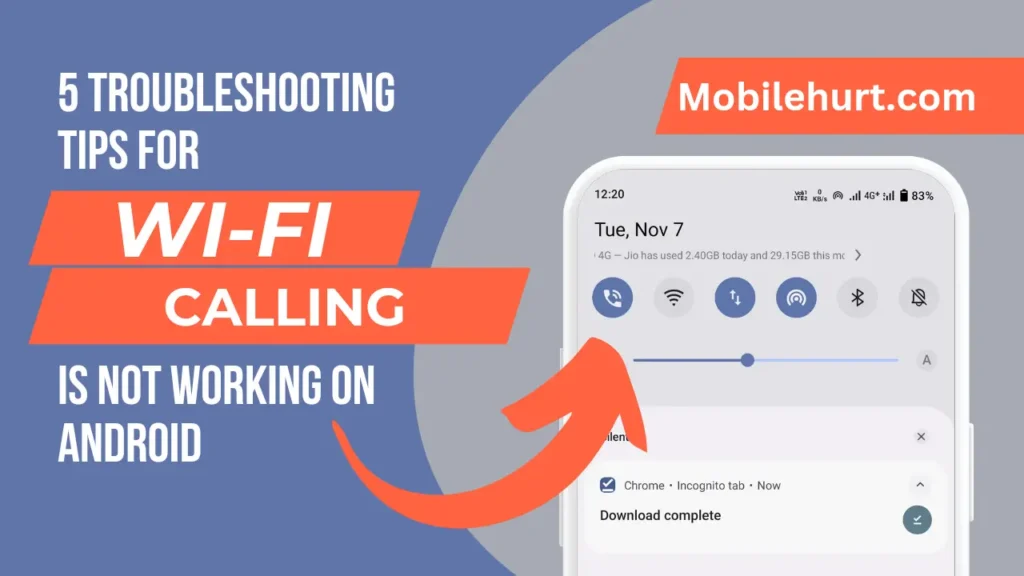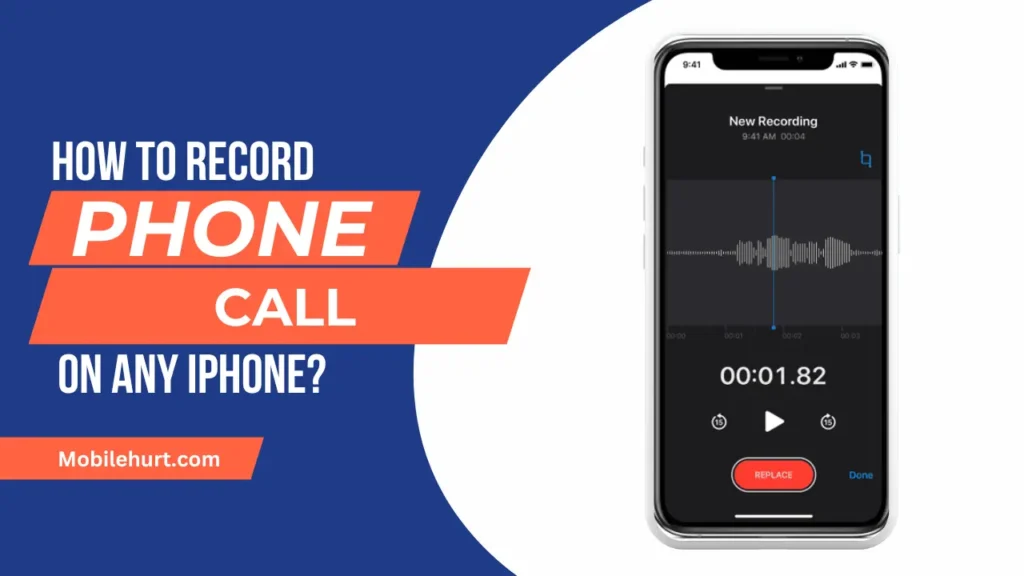In today’s fast-paced world, where staying connected is crucial, a smartphone’s battery life is more important than ever. Whether you’re a power user streaming videos on the go or a casual user who simply wants to make sure your phone lasts through the day, there’s a smartphone out there that can meet your needs.
In this blog post, we’ll explore the top smartphones with best battery life in 2023 in the USA, helping you find the perfect device to keep you powered up all day long.
List of Top Smartphones with best battery life in 2023
| Rank | Smartphones | Battery Life (hours : minutes) |
|---|---|---|
| 1 | Asus ROG Phone 7 Ultimate | 18:32 |
| 2 | Motorola Edge Plus (2023) | 15:47 |
| 3 | Asus ROG Phone 6 Pro | 15:30 |
| 4 | iPhone 15 Plus | 14:14 |
| 5 | iPhone 15 Pro Max | 14:02 |
| 6 | iPhone 14 Pro Max | 13:39 |
| 7 | OnePlus Nord N300 (tie) | 13:13 |
| 7 | Asus Zenfone 9 (tie) | 13:13 |
| 8 | OnePlus 11 | 13:10 |
| 9 | Moto G Play (2023) | 12:54 |
| 10 | Asus Zenfone 10 | 12:34 |
| 11 | OnePlus Nord N30 5G | 12:30 |
| 12 | Samsung Galaxy S23 Ultra | 12:22 |
| 13 | Moto G Stylus 5G (2023) | 12:12 |
| 14 | iPhone 14 Plus | 11:57 |
Smartphones with best battery life in 2023
1: Asus ROG Phone 7 Ultimate
- Battery life: 18:32 hours
- Display: 6.78-inch AMOLED, 165Hz refresh rate
- Processor: Qualcomm Snapdragon 8 Gen 2
- RAM: 18GB
- Storage: 512GB
- Camera: 64MP rear, 13MP front
2: Motorola Edge Plus (2023)

- Battery life: 15:47 hours
- Display: 6.7-inch OLED, 144Hz refresh rate
- Processor: Qualcomm Snapdragon 8 Gen 2
- RAM: 12GB
- Storage: 256GB
- Camera: 50MP rear, 32MP front
3: Asus ROG Phone 6 Pro
- Battery life: 15:30 hours
- Display: 6.78-inch AMOLED, 165Hz refresh rate
- Processor: Qualcomm Snapdragon 8 Gen 1
- RAM: 18GB
- Storage: 512GB
- Camera: 64MP rear, 13MP front

4: iPhone 15 Plus
- Battery life: 14:14 hours
- Display: 6.7-inch OLED
- Processor: Apple A17 Bionic
- RAM: 6GB
- Storage: 128GB, 256GB, 512GB
- Camera: 48MP rear, 12MP front

- Battery life: 14:02 hours
- Display: 6.7-inch OLED
- Processor: Apple A17 Bionic
- RAM: 6GB
- Storage: 128GB, 256GB, 512GB, 1TB
- Camera: 48MP rear, 12MP front
6: iPhone 14 Pro Max
- Battery life: 13:39 hours
- Display: 6.7-inch OLED
- Processor: Apple A16 Bionic
- RAM: 6GB
- Storage: 128GB, 256GB, 512GB, 1TB
- Camera: 48MP rear, 12MP front
7 (tie): OnePlus Nord N300
- Battery life: 13:13 hours
- Display: 6.56-inch AMOLED, 90Hz refresh rate
- Processor: Snapdragon 680
- RAM: 6GB
- Storage: 128GB
- Camera: 50MP rear, 8MP front
7 (tie): Asus Zenfone 9
- Battery life: 13:13 hours
- Display: 5.9-inch AMOLED, 120Hz refresh rate
- Processor: Snapdragon 888
- RAM: 8GB
- Storage: 128GB, 256GB
- Camera: 50MP rear, 12MP front
8: OnePlus 11
- Battery life: 13:10 hours
- Display: 6.7-inch AMOLED, 120Hz refresh rate
- Processor: Snapdragon 8 Gen 2
- RAM: 8GB, 12GB
- Storage: 128GB, 256GB
- Camera: 50MP rear, 32MP front
9: Moto G Play (2023)
- Battery life: 12:54 hours
- Display: 6.5-inch LCD, 90Hz refresh rate
- Processor: MediaTek Helio G25
- RAM: 3GB
- Storage: 32GB
- Camera: 16MP rear, 5MP front
10: Asus Zenfone 10

- Display: 6.7-inch AMOLED display with 120Hz refresh rate
- Processor: Qualcomm Snapdragon 8 Gen 2
- RAM: 8GB or 12GB
- Storage: 128GB or 256GB
- Rear cameras: 50MP main camera, 13MP ultrawide camera, and 5MP macro camera
- Front camera: 12MP
- Battery: 4,500mAh
- Operating system: Android 13
11: OnePlus Nord N30 5G
- Display: 6.56-inch AMOLED display with 90Hz refresh rate
- Processor: MediaTek Dimensity 8100 Ultra
- RAM: 6GB or 8GB
- Storage: 128GB or 256GB
- Rear cameras: 50MP main camera, 2MP macro camera, and 2MP depth sensor
- Front camera: 16MP
- Battery: 5,000mAh
- Operating system: Android 13
12: Samsung Galaxy S23 Ultra

- Display: 6.8-inch Dynamic AMOLED 2X display with 120Hz refresh rate
- Processor: Qualcomm Snapdragon 8 Gen 2
- RAM: 8GB, 12GB, or 1TB
- Storage: 128GB, 256GB, 512GB, or 1TB
- Rear cameras: 200MP main camera, 12MP ultrawide camera, 10MP telephoto camera, and 10MP telephoto camera with 100x zoom
- Front camera: 40MP
- Battery: 5,000mAh
- Operating system: Android 13
13: Moto G Stylus 5G (2023)
- Display: 6.8-inch LCD display with 120Hz refresh rate
- Processor: Qualcomm Snapdragon 680 4G
- RAM: 6GB
- Storage: 128GB
- Rear cameras: 50MP main camera, 8MP ultrawide camera, and 2MP macro camera
- Front camera: 16MP
- Battery: 5,000mAh
- Operating system: Android 13
14: iPhone 14 Plus
- Display: 6.7-inch OLED display with 120Hz refresh rate
- Processor: Apple A16 Bionic
- RAM: 4GB or 6GB
- Storage: 128GB, 256GB, or 512GB
- Rear cameras: 12MP main camera and 12MP ultrawide camera
- Front camera: 12MP
- Battery: Up to 27 hours of video playback
- Operating system: iOS 16
What kind of battery is suitable for smartphones?
The lithium-ion battery (Li-ion) has gained widespread adoption in the communication and electronics sectors due to its exceptional energy efficiency. It is particularly favoured in the realm of personal communication devices like mobile phones and PDAs for its effectiveness as an energy carrier.
Following its commercial introduction in 1992, lithium-ion batteries gained widespread utilization in Japan. Particularly in the domain of mobile phone communication tools, users increasingly embraced lithium batteries for their notable advantages such as lightweight construction, ample capacity, and eco-friendliness.
Over the past decade, the rapid evolution of communication technology has seen the successive introduction of mobile phone colour screen technology, MMS technology, Bluetooth technology, and camera technology.
These advancements have elevated the requirements for battery capacity, volume, weight, and electrochemical performance. Traditional liquid lithium batteries have struggled to meet these evolving demands. In response, the emergence of the new polymer lithium-ion battery (Li-Polymer) has addressed this need.
Representing the third generation of lithium-ion batteries, the polymer lithium battery is a development from the original steel and aluminium shell batteries. It distinguishes itself by being lighter, thinner, and possessing higher energy density.
How to check battery life of any smartphone?
Method-1. by Device’s Setting
The method for checking battery life varies depending on the smartphone’s operating system.
Here are the general steps for checking battery life on Android and iOS devices:
In Android Devices
- Open the Settings app on your Android phone.
- Scroll down and tap on Battery.
- The Battery screen will show you the current battery level, as well as a graph of your battery usage over the past 24 hours.
- To see a more detailed breakdown of your battery usage, tap on Battery usage. This will show you a list of apps that have been using the most battery, along with the percentage of battery each app has used.
In iOS Devices
- Open the Settings app on your iPhone.
- Tap on Battery.
- The Battery screen will show you the current battery level, as well as a graph of your battery usage over the past 24 hours or 7 days.
- To see a more detailed breakdown of your battery usage, scroll down and tap on Battery Usage. This will show you a list of apps that have been using the most battery, along with the percentage of battery each app has used.
Method-2. By Third Party Apps
You can check or measure any smartphone’s battery life without opening the box by using a battery life testing app. These apps typically work by draining the phone’s battery to 0% and then recording the amount of time it takes to fully charge. Some popular battery life testing apps include:
- AccuBattery
- Battery Doctor
- GSam Battery Monitor
To use a battery life testing app, simply install it on your phone and then follow the app’s instructions. Most apps will require you to grant the app permission to access your phone’s battery information. Once you have granted the app permission, you can start the battery test. The app will then drain your phone’s battery to 0% and record the amount of time it takes to fully charge.
Once the test is complete, the app will display the results, which will include the phone’s battery life in hours and minutes. You can also use the app to view other information about your phone’s battery, such as the battery’s health and the apps that are using the most battery power.
Other Methods:
- Read reviews: Many smartphone reviews will include information about the phone’s battery life. You can read reviews on websites like Mobilehurt, TechRadar, CNET, and Tom’s Guide.
- Check the manufacturer’s website: Most smartphone manufacturers will list the battery life of their phones on their website.
- Use a battery life estimation tool: There are a number of battery life estimation tools available online. These tools typically work by asking you questions about your usage habits and then providing an estimate of your phone’s battery life.
- Ask a friend or family member: If you know someone who owns the phone you’re interested in, ask them about their experience with the phone’s battery life.
What are the tips to improve Battery Life of any Smartphone?
- Check your battery usage regularly. This will help you identify any apps that are using an excessive amount of battery and take steps to reduce their usage.
- Use battery-saving features. Most smartphones have battery-saving features that can help extend your battery life. These features may include reducing screen brightness, turning off background data, and limiting app notifications.
- Keep your phone software up to date. Software updates often include bug fixes and improvements that can improve battery life.
- Avoid extreme temperatures. Exposing your phone to extreme temperatures can damage the battery and reduce its lifespan.
- Calibrate your battery regularly. Calibrating your battery will help ensure that the battery level indicator is accurate.
By following these tips, you can help extend the battery life of your smartphone and keep it running smoothly throughout the day.
FAQs
Q. Which phone model has best battery life?
As you can see, the Asus Zenfone 10 has the longest battery life of the five phones, lasting an average of 12.58 hours on a single charge.
Q. Which phone battery can last long?
If you are looking for a phone with the longest battery life, the Asus Zenfone 10 is a great option.
Q. How battery quality is measured?
The battery of a smartphone is measured by milliamps per hour. For instance, if a battery has 350mAh capacity, it can provide 3mA to a current load and lasts up to 175 hours.
Q. Which are the best Smartphones with the best battery life in 2023 USA?
Galaxy S23 Ultra, iPhone 13 Pro Max, and iPhone 14 Pro Max are considered to be the best Smartphones with the best battery life in 2023 USA.
Q. How to know if the battery of the smartphone is good?
If you want to know whether the battery is good or not you should check all the details of the battery such as power, energy and other details in the phone setting>battery.




